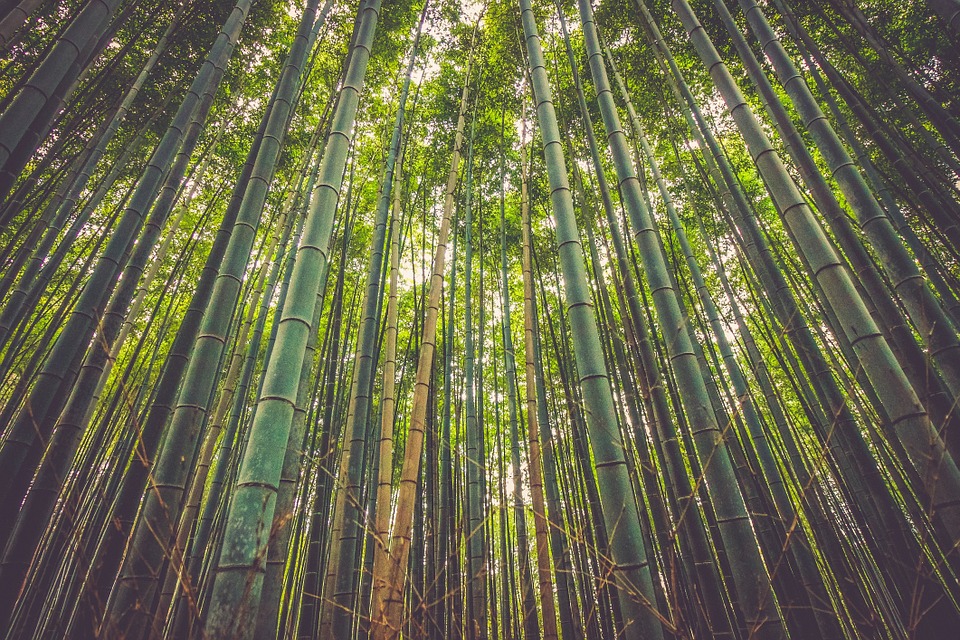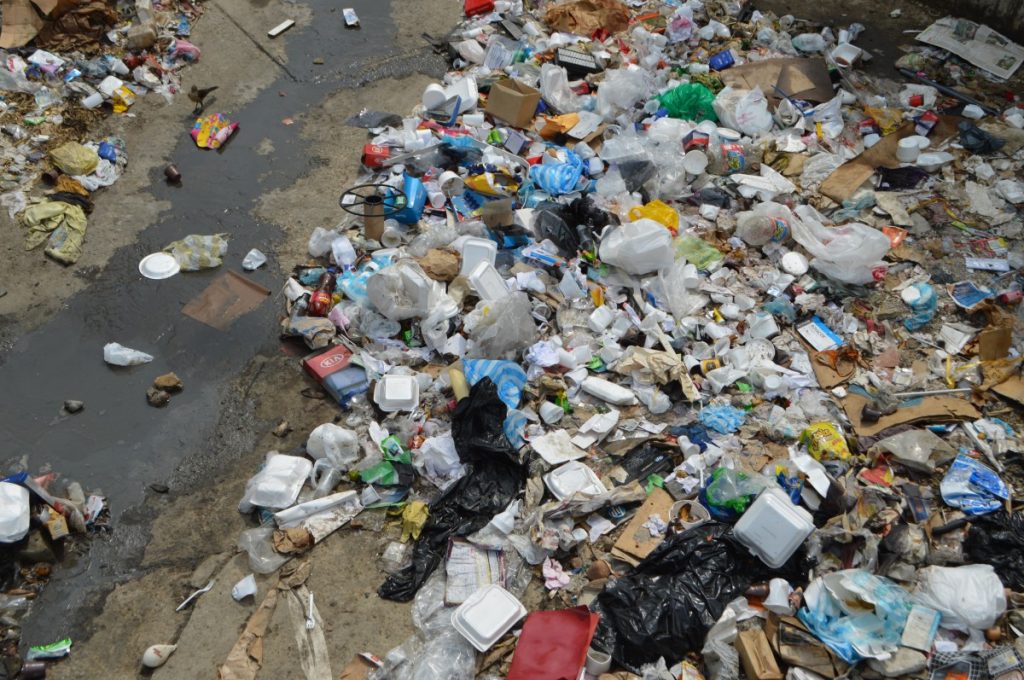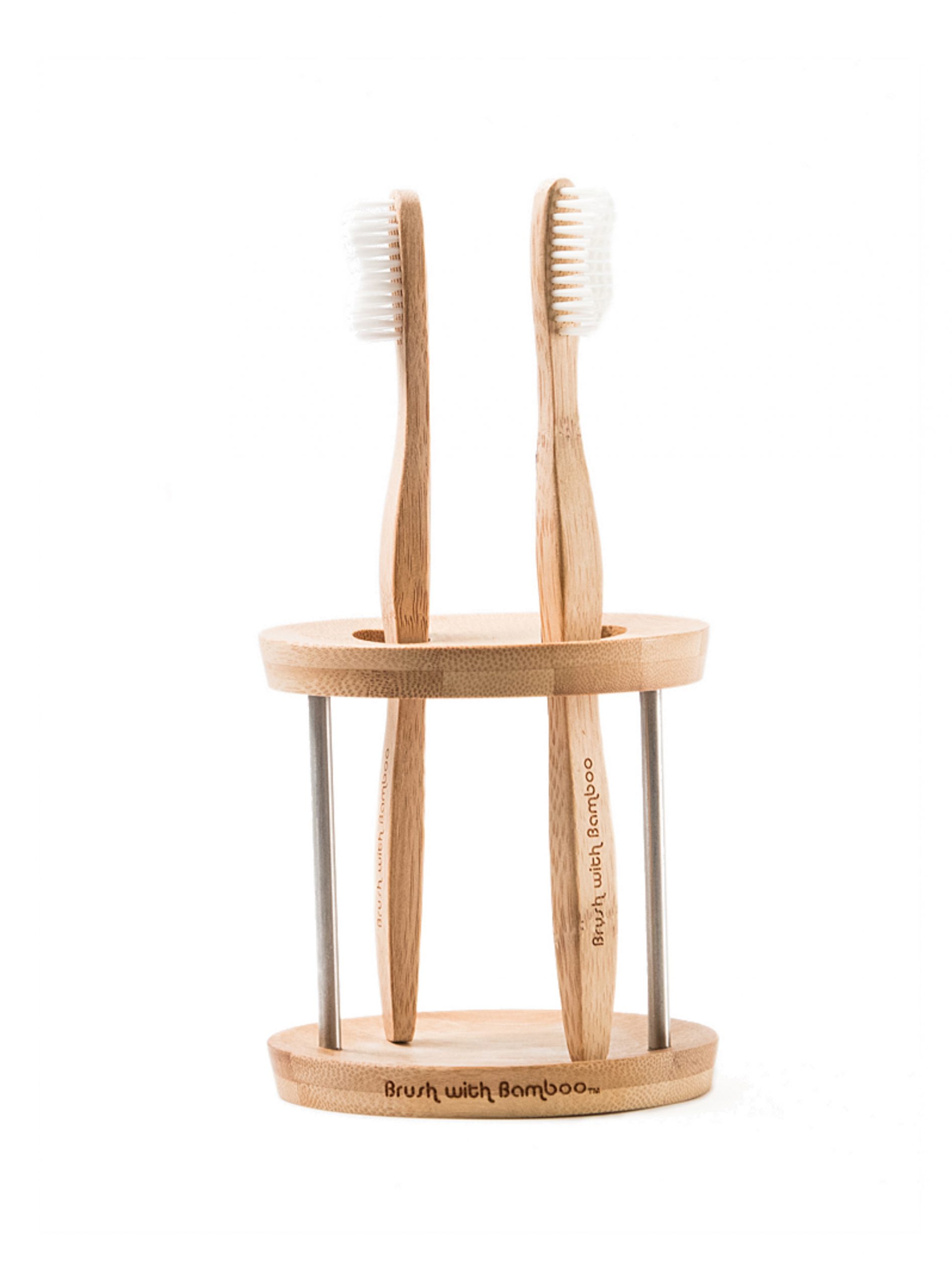
For decades, economists have talked about the term Peak Oil, which is the point at which we pass the maximum production of petroleum worldwide. Given that plastic is made completely from oil, the concept of Peak Plastic is also inevitable.
A book written in 2018 by American business professor, Jack Buffington, discusses this topic. In Peak Plastic, Buffington defines the term as the point where the marginal benefit of plastic use to society will be less than its detrimental cost to the environment. According to Buffington, we’ll hit Peak Plastic by 2030. That’s not too far off.
Investors and economists are already predicting the demise of conventional gasoline powered cars, and the inevitable takeover of electric powered vehicles. It makes sense that as society moves away from using petroleum as a fuel, we will also move away from using petroleum in the form of plastic in our products and our packaging.

The bottom line is that many of the plastic products that we use every day will soon go away and be replaced by bio-based and biodegradable alternatives. Replacements will come in the form of renewable natural materials like bamboo, wood, and steel, but also degradable bioplastic. Just like the gasoline powered car, it’s just a matter of time until the business landscape, the environmental situation, and consumer demand reach a sweet spot.
Plastic toothbrushes are in many ways a symbol of the throwaway culture that was created in the early 20th century. Plastic toothbrushes are used for a short three-month period, and after they are discarded they persist in the environment for thousands of years. The first plastic toothbrushes were invented in the 1930s, and if we go by the prediction of Buffington, their existence and popularity will measure about 100 years (from 1930 to 2030).
Are toothbrushes bad for the environment?
The way most of us are brushing our teeth now, the answer is an emphatic yes. Every part of the modern plastic toothbrush is composed of petroleum-based components. A production and use of toothbrushes made from non-renewable and non-biodegradable material cannot sustainably continue.
Already, in the last 10 years, we have seen the growing popularity of alternatives to plastic toothbrushes made from bioplastic and bamboo. Particularly, the bamboo toothbrush has come to be seen as a symbol of the zero waste movement. As the first company worldwide to manufacture bamboo toothbrushes, we’re proud to be at the forefront of this.
Here are 3 reasons why eco-friendly toothbrushes are the future:
#1 Plastic toothbrushes are accumulating in our oceans, waterways, and landfills.
The bristles of conventional toothbrushes are made from nylon, which is oil. The handles are made from polycarbonate, which is oil. The see-through plastic packaging is made from PET, which is oil. The concept of brushing your teeth with an instrument made entirely from a non-renewable resource (which is simultaneously polluting and heating the planet) is absurd when you think about it logically. Anyway you look at it, the petroleum-based plastic toothbrush will be on the way out.
#2 Sustainable alternatives to plastic toothbrush handles already exist.
Before the plastic toothbrush was created in the 1930s, toothbrushes around the world were made from plant and animal parts. Europeans brushed using handles made from wood. Asians brushed using handles made from bamboo. Plant and animal-based bristles were used. Materials like bamboo and wood are once again being used to create toothbrushes. Particularly, bamboo is a very promising material because, unlike wood, it is a much more sustainable and renewable material.

Why is bamboo considered eco-friendly?
- Unlike wood, bamboo is a member of the grass family. It regenerates, regrowth, and spreads much quicker than wood.
- Bamboo is extremely strong yet light in weight. It is often called “green steel” because of its durability and hardness.
- Bamboo can grow to full size in just 3-4 months, compared to trees which can take 30+ years to grow. In the right conditions, it can grow 3 feet in 24 hours.
- Bamboo absorbs twice as much carbon dioxide as trees. It also generates a vast amount of oxygen (up to 30% more than most other plants).
Why are bamboo toothbrushes considered eco-friendly?
- Unlike plastic toothbrush handles, toothbrush handles made from bamboo will biodegrade naturally. Depending on the level of soil activity, a bamboo handle can completely decompose within a time period as short as 3 months, whereas a plastic toothbrush handle persists in the environment for thousands of years.
- Bamboo is an ideal replacement for plastic toothbrush handles because, like plastic, bamboo is extremely strong yet light in weight. It is often called “green steel” because of its durability and hardness.
- Bamboo is naturally antimicrobial. Properties within the bamboo stalks themselves naturally prevent bacteria from growing on the bamboo surface. This makes bamboo an ideal material for using in hygienic products like a toothbrush.
Are bamboo toothbrushes biodegradable?
The answer is: it depends. If the bamboo toothbrush uses bristles made from pig hair, then yes, the bamboo toothbrush is fully biodegradable. If the bamboo toothbrush uses bristles made from conventional nylon, then the toothbrush is biodegradable except for the bristles. Finally, if the bamboo toothbrush uses bristles made from biobased nylon, the bristles will eventually decompose back into soil (in the United States, products do not classify as biodegradable unless they completely decompose within 1 year, regardless of whether they will eventually decompose after a longer timeline — a rather absurd legal definition).
Are bamboo toothbrushes better?
Yes. Bamboo toothbrushes are better because they do not put a strain on our planet. They are compostable and can decompose in as little as 3 months. Plastic toothbrushes will last for thousands of years before breaking down, creating additional waste.
Bamboo toothbrushes are naturally anti-microbial. Meaning that your bamboo toothbrush will have a natural protective shield against germs. A plastic toothbrush unfortunately does not have this protection.
Lastly, they’re just as durable as a plastic toothbrush. They can easily last the 3-4 months recommended by dentists for swapping out your toothbrush.
#3 Alternatives to plastic toothbrush bristles are developing.
Conventional toothbrushes use bristles made from nylon, a material derived completely from petroleum-based fossil fuel. Because of its soft and flexible nature, nylon has been the preferred material for use in toothbrushes bristles since the 1930s. New alternatives to conventional nylon or now emerging that use 100% vegetable oil as a replacement for fossil fuel. Because they replace a nonrenewable input with a renewable one, these alternatives will inevitably replace conventional nylon as we move towards a post-plastic society.
Are natural bristle toothbrushes better?
The short answer is: NO if they are made from animals, and YES if they are made from plants. As mentioned before, prior to the invention of nylon, humans made toothbrush bristles using plant and animal-based sources.
The most common toothbrush bristles pre-plastic, were made using pig hair. Pig hair is the material which is dependent on animal farming, a practice which already has questionable and most likely negative results with regards to climate change and land usage. In addition, when used as a toothbrush bristle, pig hair is hard and uneven. Moreover, pig hair is hollow on the inside, and therefore can harbor bacteria if not properly cared for and cleaned between uses.
Plant-based or bioplastic alternatives to toothbrush bristles that are not derived from fossil fuel are softer and equivalent in function to conventional nylon toothbrush bristles. Brush with Bamboo was the first company to introduce 100% plant-based bristles that are USDA Certified 100% Biobased.
What is the most eco-friendly toothbrush?
The most eco-friendly toothbrush would be any toothbrush made with a bamboo handle and 100% bio-based or 100% plant-based bristles. Brush with Bamboo manufactures the most eco-friendly toothbrush in the world using USDA Certified 100% Biobased Bristles, an FSC® Certified Bamboo Handle, and 100% compostable packaging.

Other eco-friendly oral care methods also exist such as using neem sticks or miswak sticks to brush the teeth and mouth. Neem is from India, and Miswak is from the Middle East and Africa. The twigs and branches of both of these trees have traditionally been used for toothbrushing because of their naturally antifungal and antibacterial properties. However, because of their extreme abrasiveness, neither is recommended for daily use by modern dentistry.
What can I do with my old toothbrushes?
If you are using conventional plastic toothbrushes, the best way to dispose of it is to send it to the Terracycle® Oral Care Takeback program. Otherwise, plastic toothbrushes are most likely headed for a landfill (if you live in a Western country) or they will end up in a waterway, landfill, or the open environment (if you live in a developing country). Unfortunately, a whopping 91% of the plastic that we place into recycle bins is not actually recycled. This means that when you discard a plastic toothbrush it is most likely going to end up as environmental waste. And because plastic toothbrushes exist for thousands of years, it’s very likely that a far distant descendant of yours will one day encounter one of your old toothbrushes.
If you are using bamboo toothbrush, you can completely compost the biodegradable bamboo handle. And if you have purchased the Brush with Bamboo fully bio-based toothbrush, you may also discard the toothbrush bristles into your compost.
The future of oral care
The future of oral care must be sustainable. And the facts and realities of our current fossil fuel situation clearly reveal that the future of oral care will be sustainable. Is the detrimental effects of drilling and using fossil fuel increasingly accumulate, eco-friendly toothbrushes will be part of a future that is renewable and regenerative.
[…] you looking for an eco-friendly toothbrush? If so, you’re in luck! In this article, we will be discussing the top five picks for the best […]
[…] out for a extra sustainable different, together with your toiletries. Many individuals are turning to eco-friendly toothbrushes, which nonetheless assist your tooth, however they aren’t made from the petroleum-based […]
Plastic pollution is a killer !!
Very insightful and poignant. Great read!
Thank you!
[…] can be switched out for a more sustainable alternative, including your toiletries. Many people are turning to eco-friendly toothbrushes, which still help your teeth, but they are not made of the petroleum-based components that make […]
Really inspiring post! I agree – Peak Plastic is coming.
Absolutely. It is a reality. Limited resources are limited.